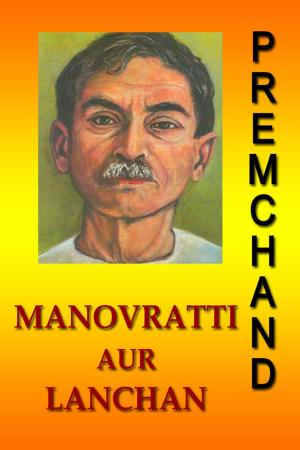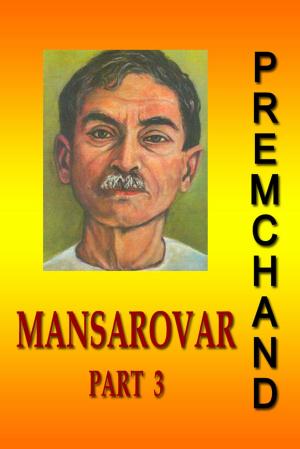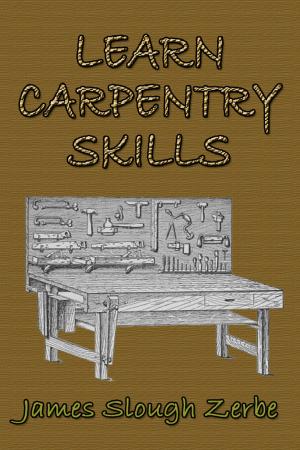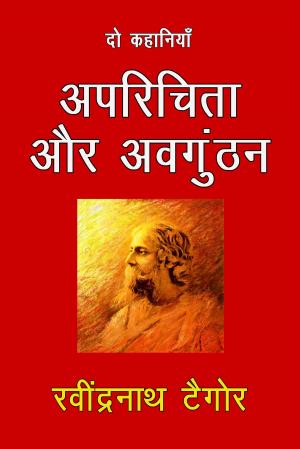| Author: | E. P. Roe | ISBN: | 9781304653284 |
| Publisher: | Sai ePublications | Publication: | January 4, 2017 |
| Imprint: | Sai ePublications | Language: | English |
| Author: | E. P. Roe |
| ISBN: | 9781304653284 |
| Publisher: | Sai ePublications |
| Publication: | January 4, 2017 |
| Imprint: | Sai ePublications |
| Language: | English |
When Madge Alden was seventeen years of age an event occurred which promised to be the misfortune of her life. At first she was almost overwhelmed and knew not what to do. She was but a young and inexperienced girl, and for a year or more had been regarded as an invalid.
Madge Alden was an orphan. Four years prior to the opening of our story she had lost her mother, her surviving parent, and since had resided with her elder sister Mary, who was several years her senior, and had married Henry Muir, a merchant of New York City. This gentleman had cordially united with his wife in offering Madge a home, and his manner toward the young girl, as far as his absorbed and busy life permitted, had been almost paternal. He was a quiet, reticent man, who had apparently concentrated every faculty of soul and body on the problem of commercial success. Trained to business from boyhood, he had allowed it to become his life, and he took it very seriously. It was to him an absorbing game—his vocation, and not a means to some ulterior end. He had already accumulated enough to maintain his family in affluence, but he no more thought of retiring from trade than would a veteran whist-player wish to throw up a handful of winning cards. The events of the world, the fluctuations in prices, over which he had no control, brought to his endeavor the elements of chance, and it was his mission to pit against these uncertainties untiring industry and such skill and foresight as he possessed.
His domestic life was favorable to his ruling passion. Mary Alden, at the time of her marriage, was a quiet girl, whose early life had been shadowed by sorrow. She had seen her father pass away in his prime, and her mother become in consequence a sad and failing woman. The young girl rallied from these early years of depression into cheerfulness, and thoroughly enjoyed what some might regard as a monotonous life; but she never developed any taste for the diversions of society. Thus it may be surmised that Mr. Muir encountered no distractions after business hours. He ever found a good dinner awaiting him, and his wife held herself in readiness to do what he wished during the evening, so far as the claims of the children permitted. Therefore there were few more contented men in the city than he, and the name of Henry Muir had become a synonym among his acquaintances for methodical business habits.
In character and antecedents his younger brother, Graydon Muir, who was also an inmate of his family, presented many marked contrasts to the elder man. He had received a liberal education, and had graduated at a city college. He had developed into one of the best products of metropolitan life, and his defects were chiefly due to the circumstances of his lot. During his academic course he had been known as an athletic rather than a bookish man, and had left his Alma Mater with an Apollo-like physique. At the same time he had developed fine literary tastes, and was well informed, even if he had not gone very deeply into the classics and the sciences that were remote from the business career which he had chosen. After a brief interval of foreign travel he had entered his brother's office, and was schooling his buoyant, pleasure-loving temperament to the routine of trade. When business hours were over, however, Graydon gave himself up to the gratification of his social tastes. His vitality and flow of spirits were so immense that wherever he went he always caused a breezy ripple of excitement. Even veteran society girls found something exhilarating in the mirthful flash of his blue eyes, and to be whirled through a waltz on his strong arm was a pleasure not declined by reigning belles. Many looks that to other men might have been the arrows of Cupid were directed toward him, but they glanced harmlessly from his polished armor. Society was to him what business was to his brother,—an arena in which he easily manifested his power. At the same time he was a manly fellow, and had no taste for corner flirtations or the excitement of drawing perilously near to a committal with those who would have responded to marked attentions. The atmosphere he loved was that of general and social gayety. The girls that he singled out for his especial regard were noted for their vivacity and intelligence, as well as their beauty. Meanwhile he had won a reputation for his good-natured attentions to "wall-flowers." Such kindly efforts were rarely made at the promptings of conscience. The truth was, he enjoyed life so fully himself that he disliked to see any one having a dismal time. It gave him genuine pleasure to come to a plain-featured, neglected damsel, and set all her blood tingling by a brief whirl in a dance or a breezy chat that did her good, body and soul, so devoid of satire or patronage was the attention. His superb health and tireless strength, his perfect familiarity with the usages of society, and his graceful decision of action made everything he did appear as easy and natural as the beat of a bird's wing upon the air, and in his large circle it was felt that no entertainment was complete without his presence.
When Madge Alden was seventeen years of age an event occurred which promised to be the misfortune of her life. At first she was almost overwhelmed and knew not what to do. She was but a young and inexperienced girl, and for a year or more had been regarded as an invalid.
Madge Alden was an orphan. Four years prior to the opening of our story she had lost her mother, her surviving parent, and since had resided with her elder sister Mary, who was several years her senior, and had married Henry Muir, a merchant of New York City. This gentleman had cordially united with his wife in offering Madge a home, and his manner toward the young girl, as far as his absorbed and busy life permitted, had been almost paternal. He was a quiet, reticent man, who had apparently concentrated every faculty of soul and body on the problem of commercial success. Trained to business from boyhood, he had allowed it to become his life, and he took it very seriously. It was to him an absorbing game—his vocation, and not a means to some ulterior end. He had already accumulated enough to maintain his family in affluence, but he no more thought of retiring from trade than would a veteran whist-player wish to throw up a handful of winning cards. The events of the world, the fluctuations in prices, over which he had no control, brought to his endeavor the elements of chance, and it was his mission to pit against these uncertainties untiring industry and such skill and foresight as he possessed.
His domestic life was favorable to his ruling passion. Mary Alden, at the time of her marriage, was a quiet girl, whose early life had been shadowed by sorrow. She had seen her father pass away in his prime, and her mother become in consequence a sad and failing woman. The young girl rallied from these early years of depression into cheerfulness, and thoroughly enjoyed what some might regard as a monotonous life; but she never developed any taste for the diversions of society. Thus it may be surmised that Mr. Muir encountered no distractions after business hours. He ever found a good dinner awaiting him, and his wife held herself in readiness to do what he wished during the evening, so far as the claims of the children permitted. Therefore there were few more contented men in the city than he, and the name of Henry Muir had become a synonym among his acquaintances for methodical business habits.
In character and antecedents his younger brother, Graydon Muir, who was also an inmate of his family, presented many marked contrasts to the elder man. He had received a liberal education, and had graduated at a city college. He had developed into one of the best products of metropolitan life, and his defects were chiefly due to the circumstances of his lot. During his academic course he had been known as an athletic rather than a bookish man, and had left his Alma Mater with an Apollo-like physique. At the same time he had developed fine literary tastes, and was well informed, even if he had not gone very deeply into the classics and the sciences that were remote from the business career which he had chosen. After a brief interval of foreign travel he had entered his brother's office, and was schooling his buoyant, pleasure-loving temperament to the routine of trade. When business hours were over, however, Graydon gave himself up to the gratification of his social tastes. His vitality and flow of spirits were so immense that wherever he went he always caused a breezy ripple of excitement. Even veteran society girls found something exhilarating in the mirthful flash of his blue eyes, and to be whirled through a waltz on his strong arm was a pleasure not declined by reigning belles. Many looks that to other men might have been the arrows of Cupid were directed toward him, but they glanced harmlessly from his polished armor. Society was to him what business was to his brother,—an arena in which he easily manifested his power. At the same time he was a manly fellow, and had no taste for corner flirtations or the excitement of drawing perilously near to a committal with those who would have responded to marked attentions. The atmosphere he loved was that of general and social gayety. The girls that he singled out for his especial regard were noted for their vivacity and intelligence, as well as their beauty. Meanwhile he had won a reputation for his good-natured attentions to "wall-flowers." Such kindly efforts were rarely made at the promptings of conscience. The truth was, he enjoyed life so fully himself that he disliked to see any one having a dismal time. It gave him genuine pleasure to come to a plain-featured, neglected damsel, and set all her blood tingling by a brief whirl in a dance or a breezy chat that did her good, body and soul, so devoid of satire or patronage was the attention. His superb health and tireless strength, his perfect familiarity with the usages of society, and his graceful decision of action made everything he did appear as easy and natural as the beat of a bird's wing upon the air, and in his large circle it was felt that no entertainment was complete without his presence.















